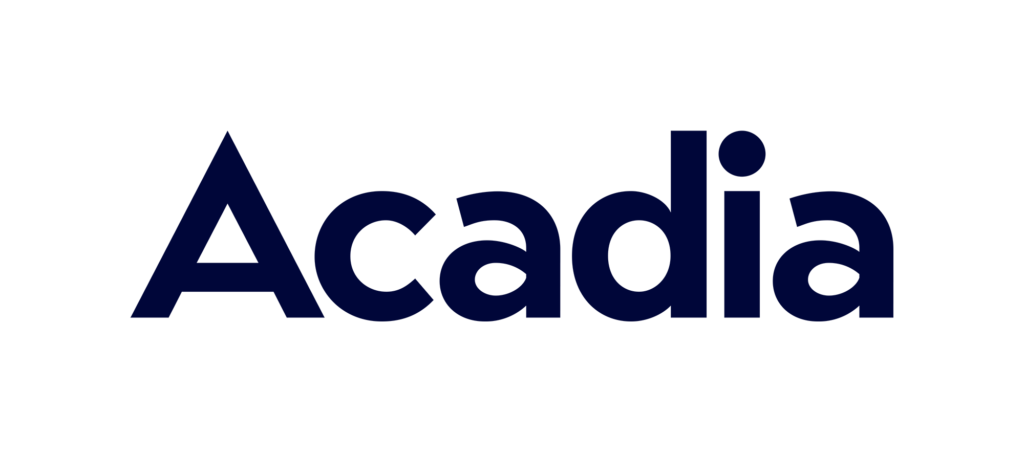If you’ve been digging into SEO lately, then you’ve probably heard the term “E-A-T” thrown around a few times over the past few years. Now you probably have questions. What is EAT? How is it factored into Google’s core algorithm updates? What does EAT mean for me and my business website?
Well, that’s where we come in! Today, you’re going to learn all about EAT and so much more.
Recently Google has been updating their algorithm to heavily consider the expertise, authoritativeness, and trust (EAT) of a site. This update especially impacts industries like financial and medical where certain accreditation, certifications, and education are especially important to provide good service to a customer.
What is EAT?
EAT is an acronym for three factors that Google uses to measure how much trust to associate with a site. EAT factors include “Expertise,” “Authoritativeness,” and “Trustworthiness.”
EAT Factors
Below are a few EAT factors that comprise each of these three important components:
Expertise – Expertise is shown through the content on your website. Any site can show expertise if the content is unique and both truthful and useful for site users. This element of EAT is less critical for gossip and celebrity websites and is vital for financial, medical and legal websites.
- Expertise factors:
- Do you have author bylines for all posts? Google guidelines mentioned that they need to know who is posting articles. For medical, law and financial websites, this is even more important. Ensure that each article has an author byline that shows the author’s expertise.
- Do you provide unique, quality content that users can’t get anywhere else? Unique, quality content indicates that you are an expert in the industry, so Google rewards this because users will find the information very valuable.
Authoritativeness – This must prove that your site is an authoritative force in your industry.
- Authority Factors:
- Do you have good reviews? And a lot of them?
- Reviews are crucial for all businesses. Reviews can be made through Google My Business, social media platforms like Yelp and Facebook, on product pages, etc. The more reviews you have, and the better the reviews are – the greater your authority.
- Do you have a BBB listing or Trust Pilot listing? Both of these are very trusted business review sites that can enhance your authority.
- Are you mentioned in Wikipedia articles or have your own page? If not, go through the strenuous process and get one! To do this, all the information about your company has to be verifiable and the business has to have reliable sources.
- Is everything you publish original? If not, this is negatively impacting the authority of your website.
- Do you engage with or are you mentioned in industry specific forums? This may not be applicable to each business, however, the mentions can help both improve rankings and increase your authority levels.
- Do you have good reviews? And a lot of them?
Trustworthiness – Trustworthiness not only refers to onsite trustworthiness, but it also refers to the offsite trustworthiness associated with your website.
- Onsite trustworthiness factors:
- Is your website secure?
- In August, 2014, Google announced that https is a ranking signal for search results. Last year, the big mobile page speed update was rolled out making page speed and site load times a ranking factor for Google’s organic mobile results. Now that Chrome is marking all HTTP pages as “Not Secure,” at the top of the browser, any site without an SSL certificate that does not automatically redirect to an HTTPS URL will not score highly on E-A-T. All of this being said…SITE SECURITY MATTERS! If your website is not secure, you are missing out on potential organic traffic, leads and revenue.
- Are the internal and external links on your website secure?
- If your website is secure, the internal links should be secure as well. In terms of external links, sometimes other websites that are credible in your industry may not be secure. However, in most cases, the most credible websites in your industry should be secure. Make sure to only link externally to quality, secure, and topically relevant websites.
- Is your checkout process and form fill submission process fully secure? If not, this will negatively impact EAT scores and the rate at which customers convert.
- Is your website secure?
- Offsite Trustworthiness Factors:
- What is the quality of the sites that link to you? The higher the quality of backlinks, the more trustworthy your site is in the eyes of Google. In every industry vertical, there are sites that are recognized by Google as being the most credible. Mentions and pages linked to and from those pages are ones that Google counts towards your “EAT score.”
- Are the sites linking to you site relevant to your industry? If not, this negatively impacts your E-A-T score. For example, if you are a law site but are listed on makeup directories, this is not a relevant or quality link.
- Do you have industry “influencers” mentioning your brand and/or linking to your website? This helps build both “trustworthiness” and “expertise.”
- Do you have both linked and unlinked brand mentions from customers, vendors, etc.? The more brand mentions from credible people, businesses and influencing social channels, the better.
- If you’re a local site is N-A-P consistent across your website, your Google My Business profile, social media channels, and all citation and directory listings?
Section 4 of Google’s Search Quality Guidelines shows what types of websites have high EAT scores.
Has there ever been a Google EAT Algorithm Update?
As far as we know, EAT is not a true ranking factor. We do believe that the items that contribute to EAT ratings are a part of Google’s algorithm updates; however, like all other SEO companies, we do not have the “inside scoop” of what is happening in Mountain View, CA (Google’s headquarters). There is some data that suggests that there was a Google EAT algorithm update in August 2018, however, this was never confirmed directly from Google.
Keep in mind that Google’s quality raters use EAT to determine when how a site page matches up with search queries. They want to make sure that what they see meets their content standards and provides an ideal online experience. If the content piece has both of those elements, the site earns a high level of EAT.
What can I do to improve my EAT Score?
Based on the information above, we’ve provided a quick list with some immediate actions you can take to improve your EAT factor score:
- Keep information updated – if you have a blog post that was ranking well a few years ago, update the post and refresh the content every few months in order to keep the post at the top of organic results.
- Establish the purpose of your page – Make sure that with each page or article you are covering only one topic. Having a large amount of information on one page covering one topic gives the page more EAT value than a page that covers a variety of topics.
- Make sure your content is quality, unique, thorough, and not on any other website or internal webpage.
- The higher the quality, the greater the “EAT” value.
- Remove or edit content on you site that is low in “EAT.” For example, if you have many pages with 100 – 200 words or less, these pages do not have a great purpose more than likely. Nowadays, Content is King, so pages should have at least 1000+ words.
- Link to other expert pages – When you link to relevant articles and high authoritative articles, it provides more offsite relevance to your page.
- Include an author bio – For articles and blogs, it is recommended to have an author biography with proof of your expertise in the topic that was discussed.
- Invest time in branding to build your EAT scores.
- Include all certifications and accreditations on your site (medical, law, etc.).
- Ensure that all of your social media channels are optimized with descriptions, link back to the correct version of your homepage and display the same types of certifications and accreditations that you have on your website
- Ensure that your site has correct schema markup. Adding these schema elements will help crawlers quickly read this information which can help Google prefer your sites over competitors.
- Invest in Technical Security to ensure that your site is as secure as possible.
- Moderate User Generated Content to add more onsite relevancy and EAT factors on your page.


